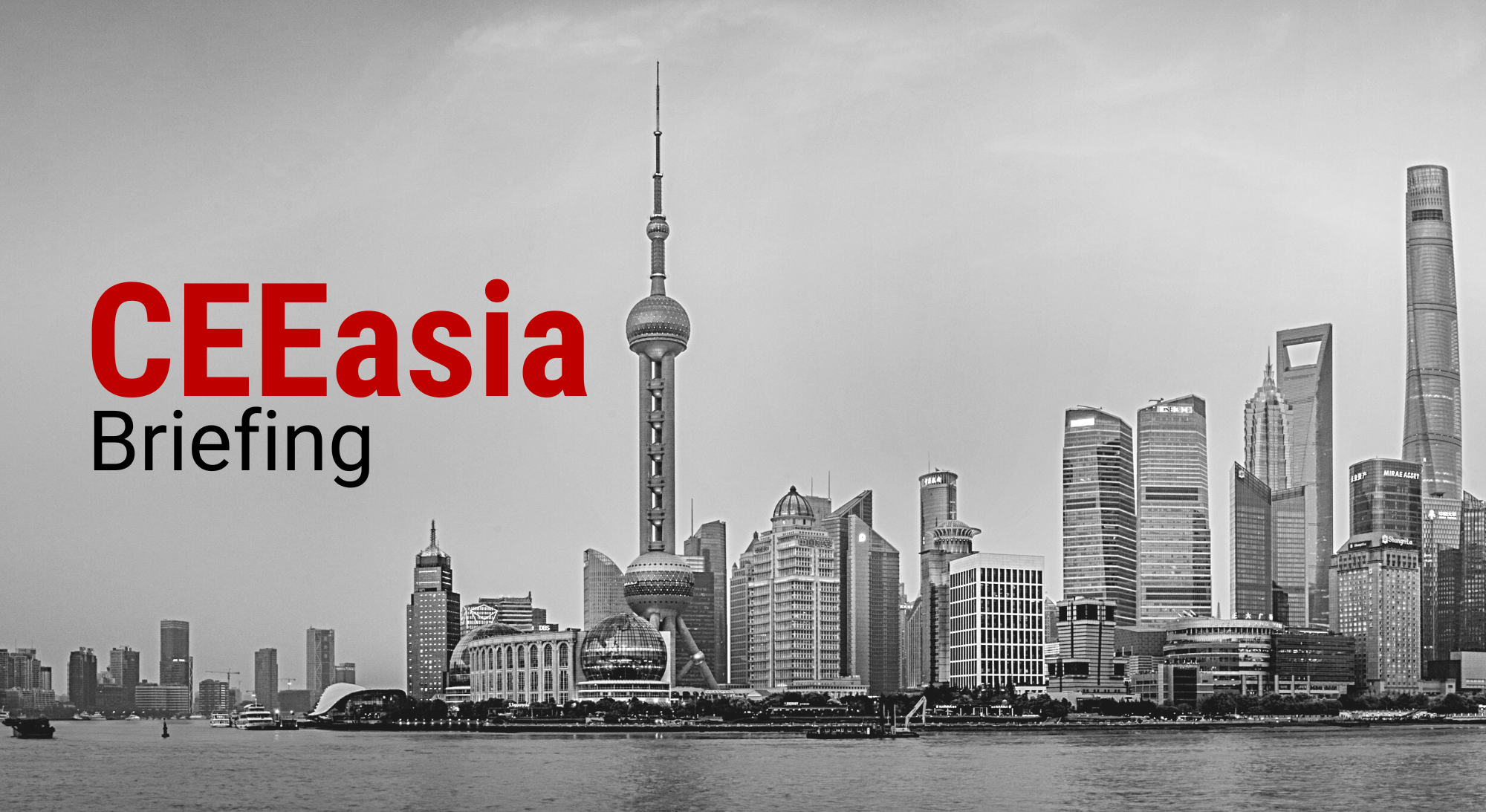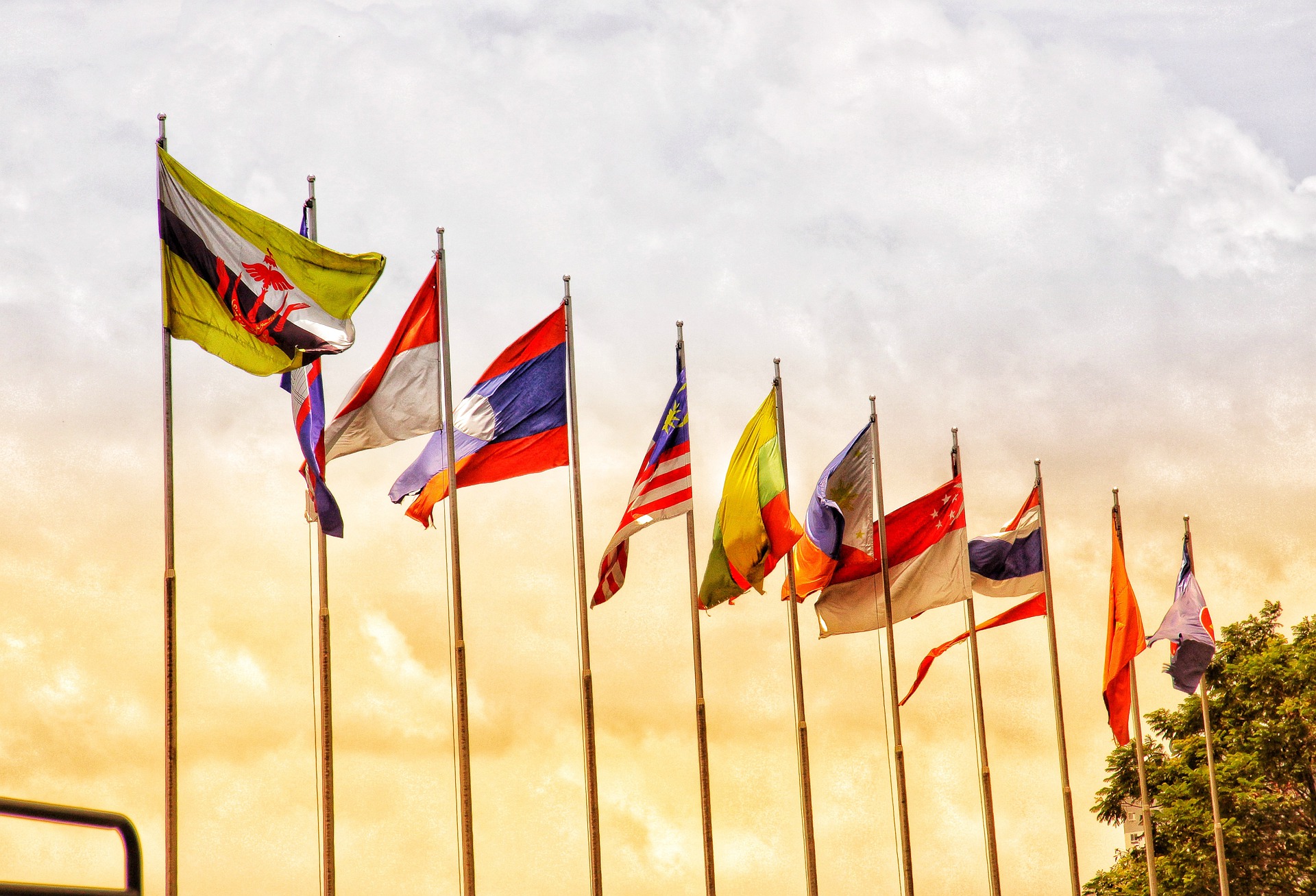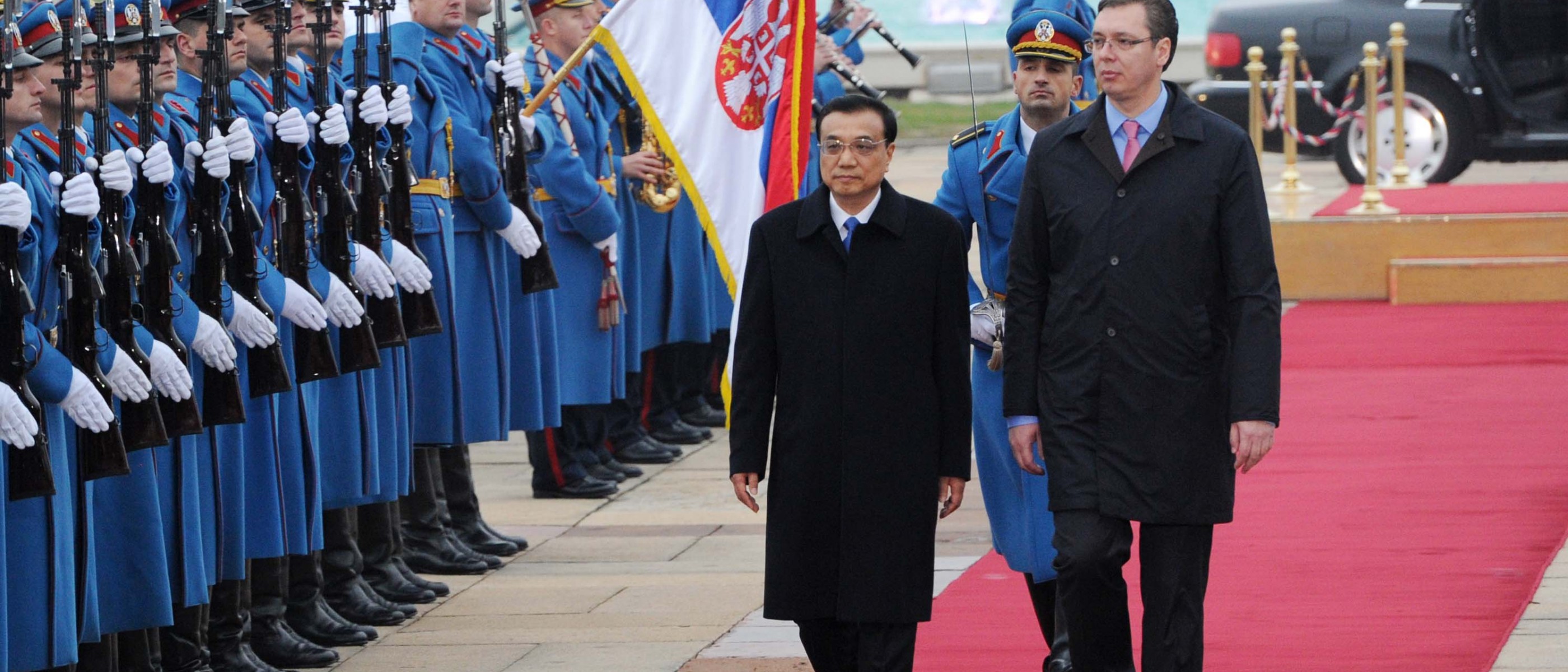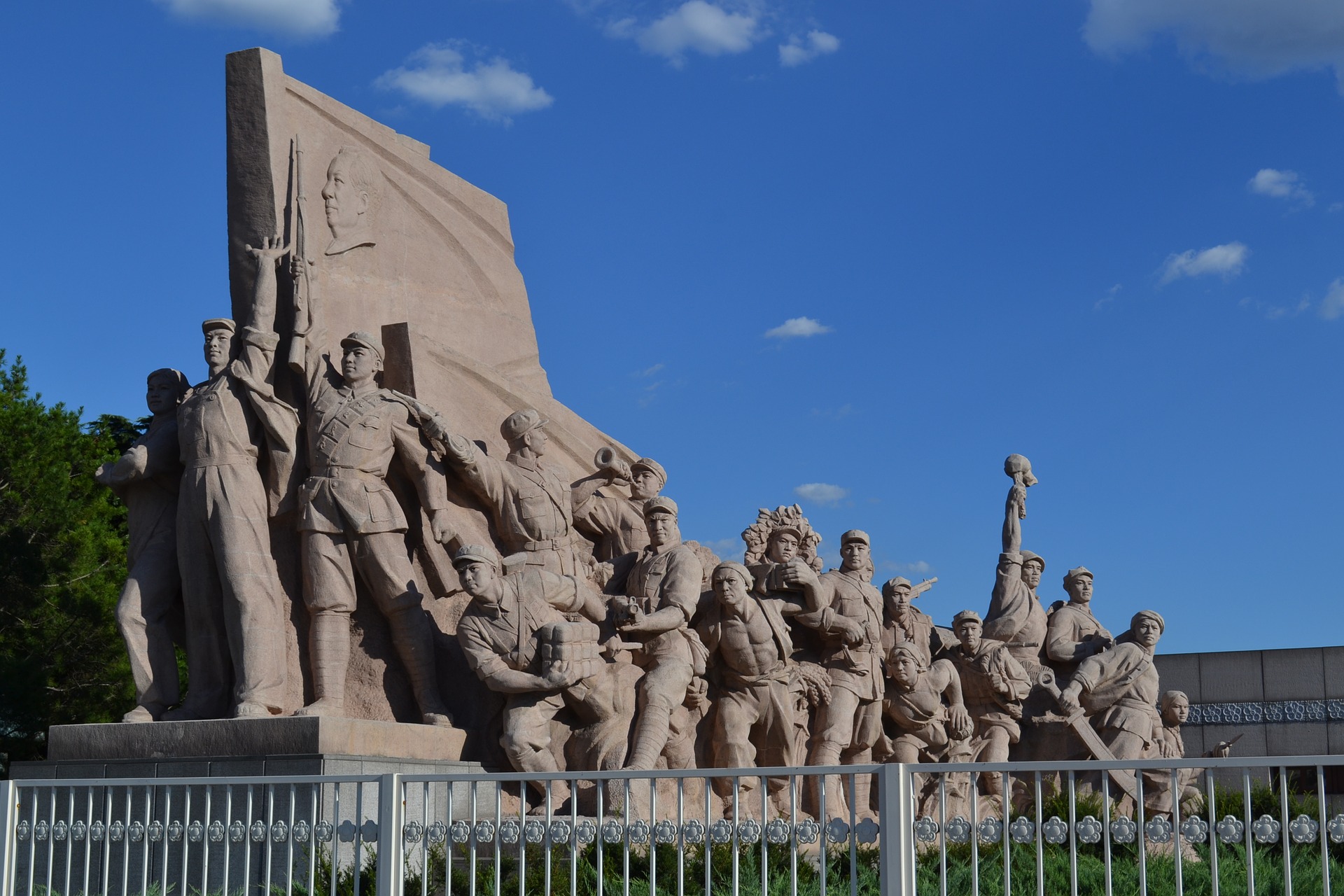Welcome to the 15th issue of the #CEEasia Briefing.
In this issue, we dissect the following topics:
- Chinese influence in Slovak academia
- Is Poland joining the Sinopharm club?
- Amendments to the Slovak Cybersecurity Act
- South Korea bids for more involvement in Polish critical infrastructure
- The fate of jailed Polish journalist in Myanmar
Do you need to know more about East Asia? Don’t hesitate to shoot us a message about custom analysis tailored to your needs.
1. China’s rising influence in Slovak academia
What’s going on? Technical University in Košice (TUKE) signed a memorandum of understanding with Huawei to establish a joint research center for the study of artificial intelligence. In addition to testing new AI technologies, the center will host an ICT academy to promote cooperation between industry and academia.
Going deeper… Besides the newly signed MoU, Slovak academic institutions maintain relations with several Chinese corporations that are involved in the surveillance and repression of Muslim minorities in China, as well as with universities linked to the Chinese military. Recent reports claimed that Huawei’s AI software can be used to identify the faces of Uyghurs and alert the Chinese authorities. The long list of relations between Slovak academia and Chinese entities shows how security risks derived from relations with China are systematically underestimated in Slovakia.
Bigger picture… Slovakia is not the only country in CEE that underestimates the implications of academic ties to China. These are not limited to technology transfers but also involve Chinese propaganda and risks to academic freedoms posed by Confucius Institutes and Chinese financing of university programs.
A poignant example is the Czech-Chinese Centre at Charles University in Prague which was closed following the uncovering of its controversial funding by the Chinese embassy. In addition, Hungary is due to become the first European country to host a Chinese university campus. Similar mishaps are not limited to CEE, as seen in the recent case of the University of Manchester’s research project with the China Electronics Technology Group, which is another corporation accused of human rights abuses in Xinjiang.
Furthermore, recently imposed sanctions on European researchers focusing on China and Xinjiang shows that it is increasingly difficult for scholars to engage in an independent and critical study of modern China and its politics without getting caught in Beijing’s crosshairs.
Further reading:
CEIAS: China’s inroads into Slovak universities
The Diplomat: Countering China’s Influence Campaigns at European Universities
The Independent: University of Manchester ends research project with Chinese firm over alleged links to Uyghur persecution
CHOICE: Slovak Universities Have a China Problem… And They Don’t Even Know It
2. Is Poland joining the Sinopharm club?
What’s going on? As demand for vaccines in the EU countries outpaces supply, some member states have started to look over the borders for other potential suppliers to acquire more shots, even though most of them have not been approved by the European Medicines Agency. Apart from the Russian-made Sputnik V, some countries also consider obtaining the Chinese Sinopharm vaccine. After Hungary became the first EU member to use Sinopharm, Polish President Andrzej Duda was also offered access to the vaccine by his Chinese counterpart.
Going deeper… While Hungary and several non-EU European countries like Serbia or Bosnia and Herzegovina already acquired hundreds of thousands of Sinopharm’s doses, it is not clear whether Poland and the Czech Republic, whose President Milos Zeman sent an official request to China for deliveries of the coronavirus vaccine, will get and use the Chinese vaccine. Both Polish and Czech Health Ministers do not recommend using any vaccines without EU regulatory approval.
This means… Beijing vehemently promotes one of its vaccines in European countries, trying to counter growing skepticism in the CEE region about China. While some politicians with closer ties with Russia or China seized the opportunity to bypass the EU, others stress the lack of transparency in clinical trial test results and insist on EMA’s approval process.
Further reading:
Reuters: Polish and Chinese presidents discuss buying Chinese COVID vaccine
Reuters: Citing lack of data, Polish health minister does not recommend Chinese shot
Politico: Czech Republic to get Chinese vaccines
CHOICE: The Logic of China’s Vaccine Diplomacy
3. Slovakia: Amendments to Cybersecurity Act targets 5G
What’s going on? The Slovak Parliament is set to deliberate amendments to the Cybersecurity Act by the end of April. The proposed amendments to the legislation are crucial for 5G and critical infrastructure in Slovakia and if passed could bring factors such as personal data protection and human rights into a risk analysis of each project.
Going deeper… Under the new proposal, the National Security Authority would gain the power to ban the use of specific products or services on grounds of national security risks or endangering public order. Such restrictions could also target already existing equipment and authorize its removal within a specified timeframe. If passed, the law would result in significant challenges for Huawei and ZTE and their attempts to supply Slovakia’s digital infrastructure. The draft amendment also comes only several months after Slovakia signed a ‘Clean Networks’ joint statement with the USA in October 2020 which has signaled the Slovak authorities’ raising awareness of security risks posed by China.
Just wait a minute! The proposed amendment was met with staunch criticism from unexpected sources – local anti-corruption watchdogs. Locally influential NGOs, the Stop Corruption Foundation (Nadácia zastavme korupciu) and Slovensko.Digital issued (an IT sector watchdog) a joint statement demanding that the bill is withdrawn from the parliament, citing privacy and abuse of power risks. In their view, the proposed changes and new powers for the National Security Authority could endanger investigative journalists and whistleblowers.
Further reading:
National Council of Slovakia: Bill on amending the Cybersecurity Act (in Slovak)
Stop Corruption Foundation: Statement demanding withdrawal of the bill on amending the Cybersecurity Act (in Slovak)
4. South Korea bids for more involvement in Polish critical infrastructure
What’s going on? Cooperation between Poland and South Korea is intensifying. At the end of February, the two countries signed an agreement on cooperation on developing Poland’s largest infrastructure project. The Central Transportation Port (CPK), a Polish air hub, will involve South Korean Incheon Airport as a strategic partner of the construction project. The announcement came only several days after the Korean state-owned company Korea Hydro & Nuclear Power (KHNP) has offered assistance to the Polish government with the construction of a planned nuclear power plant.
Going deeper… The intention to build a transport hub that would integrate air, rail, and road transport less than 50 km from Warsaw represents an effort to strengthen Poland’s importance in relation to East Asia. The announced strategic partnership is to bring a significant boost in the development of the project, especially thanks to the sharing of know-how. The completion of the hub is planned for 2027. Plans say 45 million passengers will be transported annually, while the capacity can be increased up to 100 million.
…and even deeper. On the issue of building a nuclear power plant, the South Korean company has initiated a dialogue with Poland, which is already in dialogue with the USA and France. Warsaw intends to build a nuclear power plant with a capacity of up to 9 GW. Nuclear energy is one of the ways in which Poland plans to reduce the share of fossil fuels in electricity production. The process is in an early stage, as the Poles have not yet chosen the location or method of financing the construction.
What to make of this? South Korea is a major investor in Central Europe, especially in the automotive and electrical engineering sectors. Recently, we have observed its rising efforts to assert itself in the field of energy and transport infrastructure. Indeed similarly to Poland, KHNP is now bidding for a tender for the completion of the Czech Dukovany nuclear power plant, which has been subject of much scrutiny over potential Russian and Chinese involvement.
Further reading:
Reuters: S. Korea offers to help Poland build nuclear power plants
The First News: South Korea’s Incheon starts as official partner for Poland’s air hub
NucNet: Dukovany / South Korea CEO In Czech Republic To Pitch For Nuclear Plant Tender
5. The fate of jailed Polish journalist in Myanmar
What’s going on? Polish reporter Robert Bociaga, who works for the German Press Agency, was detained by Tatmadaw, Myanmar military. According to a local human rights organization Assistance Association for Political Prisoners (AAPP), he was arrested and beaten up by the police while taking pictures in Taunggyi city in Shan state. The German Foreign Ministry previously said it was trying to provide the journalist with consular assistance on 11 March. After almost two weeks, Mr. Bociaga was released alongside other activists and journalists, including Thien Zaw from Associated Press, on March 23.
Going deeper… The military in Myanmar has stepped up its crackdown on journalists in the country over the past days, amid increasing violence against the local population after the February military coup. The military has revoked licenses and detained both foreign and local journalists. This includes Chinese and Japanese nationals, but also many local journalists working for foreign media outlets such as BBC and Associated Press. So far, the foreign journalists have been released after several days but the case of Bociaga does not fit into the pattern of foreign detentions so far.
At the same time… This week the army has also arrested other two Australian nationals who work as business consultants in Myanmar. While it is unclear why they did so, the development is worrying as it raises concerns over the safety of foreign nationals currently in Myanmar, as well as the fate of independent media coverage of the increasingly bloody conflict.
Further reading:
DW: Myanmar: Journalist working for German Press Agency arrested
The First News: Polish reporter ‘beaten and severely injured’ by security forces in Myanmar








